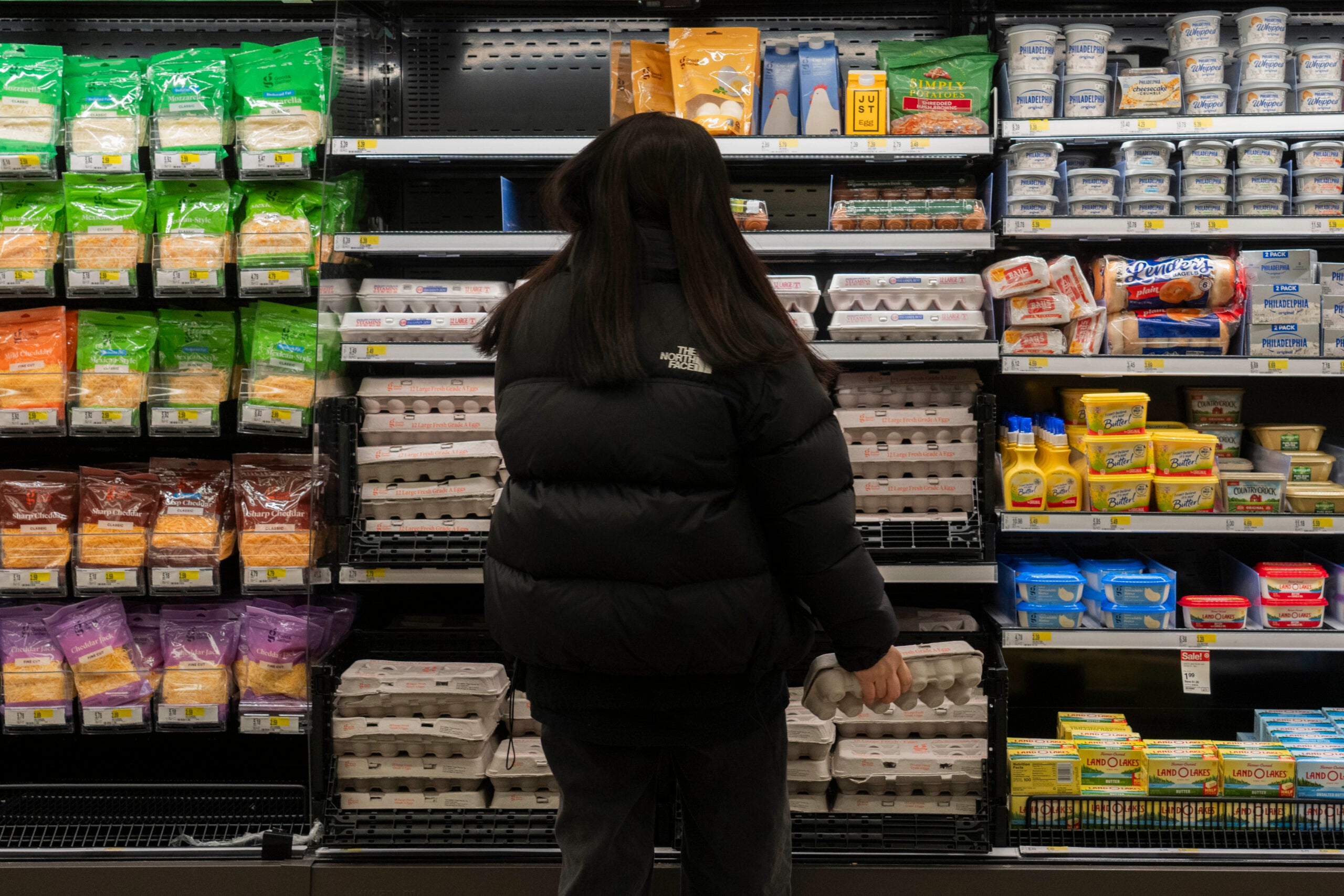Exploring the Possibility of City-Run Grocery Stores in Worcester
Worcester City Councilor Jenny Pacillo has proposed a new initiative that could change the way residents access groceries in the city. Her idea centers around the creation of a municipally owned grocery store, inspired by the platform of New York City mayoral candidate Zohran Mamdani. Mamdani, a Democratic Socialist, recently won the Democratic nomination in a surprising landslide victory. His proposal includes city-run grocery stores that would not pay rent or property taxes and would offer more affordable options through cost-cutting measures.
Pacillo filed an order requesting the city manager to explore the feasibility of creating a city-owned grocery store. This move aligns with similar efforts in other cities, such as Chicago, where city-owned grocery stores have been deemed “feasible” and “necessary.” Some models already exist in the Midwest, showing potential for success in urban areas facing food insecurity.
During a recent Worcester City Council meeting, Pacillo made some adjustments to her original proposal. Instead of pushing for a direct city-run model, she amended her request to include collaboration with community partners, state and federal delegations, and others. This shift aimed to explore creative solutions for expanding access to affordable groceries. Possible models included public-private partnerships, for-profit ventures, nonprofit hybrids, and cooperative models.
Pacillo emphasized the importance of finding a solution that works for residents. She pointed to a reported 32 percent increase in households seeking help from the Worcester County Food Bank between 2023 and 2024. With a poverty rate of nearly 20 percent, according to census data, Worcester faces significant challenges in ensuring food access for all its residents.
“This is not government overreach. It’s a response to market failure,” Pacillo stated. “When there is a clear market gap, like the absence of a grocery store, the city has a role to play in supporting community-led efforts and encouraging investment that strengthens our local economy.”
The councilor also highlighted concerns about food access and grocery store deserts in the city. Recent closures of Stop & Shop on Lincoln Street and Price Chopper on Cambridge Street have left many residents struggling to access fresh food. For Lincoln Street residents, the journey to find groceries can feel like navigating an obstacle course.
While the order calling for a study into “creative grocery store solutions” passed, some councilors expressed reservations about the idea of a city-run grocery store. Donna Colorio, a fellow councilor, voiced concerns about reduced choices, limited availability, and higher prices in government-run stores. She questioned whether such a model would truly benefit residents.
Despite these concerns, some policy experts see city-supported grocery stores as a viable solution to food deserts nationwide. A report from researchers at Vanderbilt University suggests that addressing food affordability and access could be achieved through such initiatives.
City Manager Eric Batista noted that one potential model for city-owned grocers would not involve direct employment by the city. Another model involves the municipality owning the land and leasing it to a nonprofit or cooperative. This approach could provide flexibility while still supporting community needs.
Pacillo stressed the importance of collaboration and community involvement in any grocery store initiative. She praised the work of groups like the Coalition for Healthy Greater Worcester, Center on Food Equity, and the Worcester County Food Bank. “There are so many groups and people in this community doing the work, and I really just want to be helpful on the city end and find a way to facilitate and make a connection,” she said.
As the discussion continues, the focus remains on finding sustainable solutions that address food access and support the local economy. Whether through public-private partnerships, cooperatives, or other models, the goal is to ensure that all residents have access to fresh, affordable groceries.







